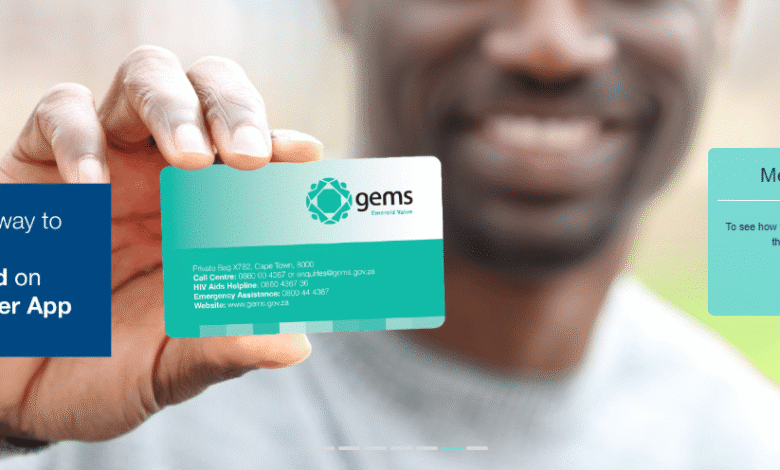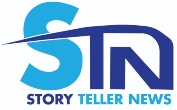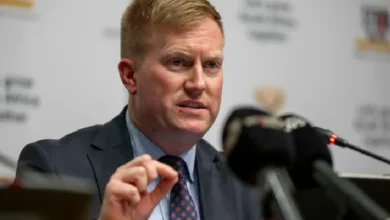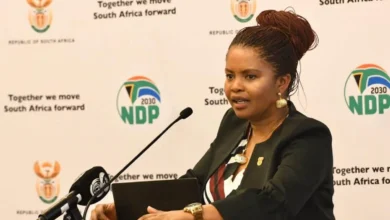Public Service Committee Concerned About Affordability Issues at Government Employee Medical Scheme
By Teboho Khoarane

The Portfolio Committee on Public Service and Administration today met with the Government Employees Medical Scheme (GEMS) to discuss its affordability and governance practices, among other things.
The Chairperson of the committee, Mr Jan de Villiers, emphasised the importance of GEMS in “ensuring that public servants and their dependents have access to value-for-money medical care”. He welcomed the presentation before referring to a letter from the National Education, Health and Allied Workers’ Union (NEHAWU), which raised several concerns about rising premiums, outsourcing and governance.
The union, among other things, claims that GEMS’ administrative outsourcing to for-profit entities has impacted on service quality. The union cited an example of the 13.5% premium increase in 2024, which was reportedly substantially higher than the industry average of 10%. Concerns were also raised about the R40 million spent on 52 board meetings, in contrast to the R1.5 million spent on nine Discovery board meetings.
Several committee members expressed concerns, particularly about affordability for low-income public servants. One member asked how cleaners earning between R3 500 and R5 000 monthly could be expected to pay R1 200 for GEMS coverage and still afford basic living expenses. Another member wanted to know why GEMS reserves, amounting to billions, were not being used to reduce contributions or expand benefits.
Members also reiterated concerns about scheme members who exhaust funds early in the year and the lack of flexible benefit structures. Some members proposed that employer contributions be restructured to better support employee health and prevent performance decline due to inadequate health access.
GEMS acknowledged the gravity of the members’ concerns and reiterated its non-profit status, commitment to ethical governance and dedication to affordability and quality care. However, the scheme disputed the need for a “turnaround plan”, as proposed by NEHAWU in the union’s letter to the committee. According to GEMS, its multi-administrator outsourcing model promotes cost-efficiency and transformation. The scheme also reiterated that its reserves are used to cushion contribution increases and explained that investment returns of R1.7 billion in 2023 helped prevent a higher premium hike.
The Chairperson said that the committee will continue to monitor the scheme’s progress and expects a follow-up meeting after the Council for Medical Schemes concludes its review.




